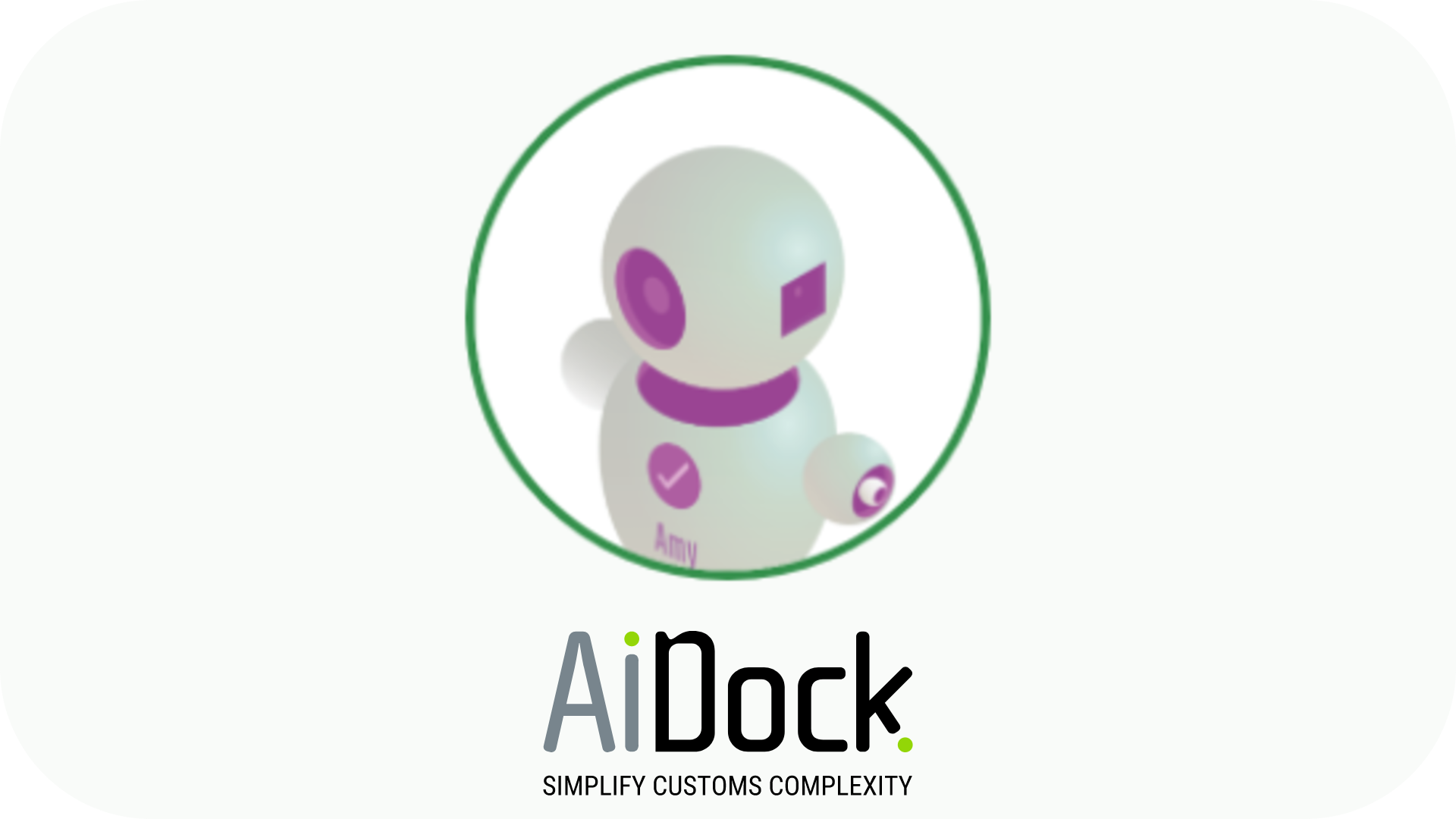Hybrid Intelligence (HI), blending human and artificial intelligence (AI), is revolutionizing the business world. This partnership is not just about technological synergy; it’s a game-changer for company operations, innovation, and competitiveness. Let’s delve into the nuanced facets of HI’s role in the future of business.
Reimagining Business Through Hybrid Intelligence
1. Redefining Work Cultures
AI’s role in business transforms traditional work dynamics. Initiatives like McKinsey’s QuantumBlack are at the forefront, showcasing the fusion of human intellect with technology. This transformation demands a new breed of workforce training, equipping employees for efficient AI collaboration.
2. Bridging the Digital Divide
A significant digital skills gap exists, with Salesforce reporting that 75% of employees feel unprepared for the digital future. HI offers a novel approach by enabling workers to accomplish tasks beyond linear optimization, thus making their roles more meaningful and productive. Closing this skills gap involves strategic investment in digital skills and AI literacy programs.
3. From Boardrooms to Operating Rooms
HI’s versatility extends across various sectors. In healthcare, AI-assisted physician assistants demonstrate capabilities that surpass AI and human doctors when working independently. Chatbots enhanced by human supervision are redefining customer interactions in customer service, offering efficiency and a personal touch.
4. Empirical Endorsements of HI
Research validates HI’s effectiveness. For instance, a study by the University of California – Irvine highlighted a hybrid model (combining human and machine insights) outperforming individual efforts in image classification tasks, underscoring the strength of human-machine collaboration.
5. Navigating Ethical Waters
With AI’s increasing role in decision-making, ethical issues like bias and transparency gain prominence. Businesses must develop ethical frameworks for AI usage and robust data governance strategies to ensure data privacy and regulatory compliance.
6. Trailblazing a Hybrid Future
Business leaders and educators are tasked with preparing the workforce for the AI era, necessitating the creation of new roles such as AI trainers and strategists. Academic institutions are incorporating HI into their curriculums, especially in business and data science, to prepare graduates for the evolving business landscape.
Futuristic Insights and Broader Implications
1. Blueprints of Tomorrow’s Enterprises
HI is catalyzing new business models centered on predictive analytics and personalized customer experiences, redefining value creation in the digital age.
2. The New Decision-Making Paradigm
HI is emerging as a pivotal force in enhancing decision-making within organizations, merging human creativity with AI’s analytical prowess for strategic and informed choices.
3. Crafting the Roles of the Future
The ascent of HI is carving out new job roles and responsibilities, including AI educators and ethical AI advisors, vital for guiding AI systems and ensuring ethical usage.
4. Redefining Customer Interactions
HI transforms customer experiences by blending AI’s analytical insights with human empathy and understanding, offering a more tailored and responsive service.
5. Charting Unexplored Territories
The evolution of HI presents challenges such as managing AI-human complexities, ethical AI practices, and data privacy concerns, necessitating a collective effort from industry leaders, educators, and policymakers to navigate these waters successfully.


